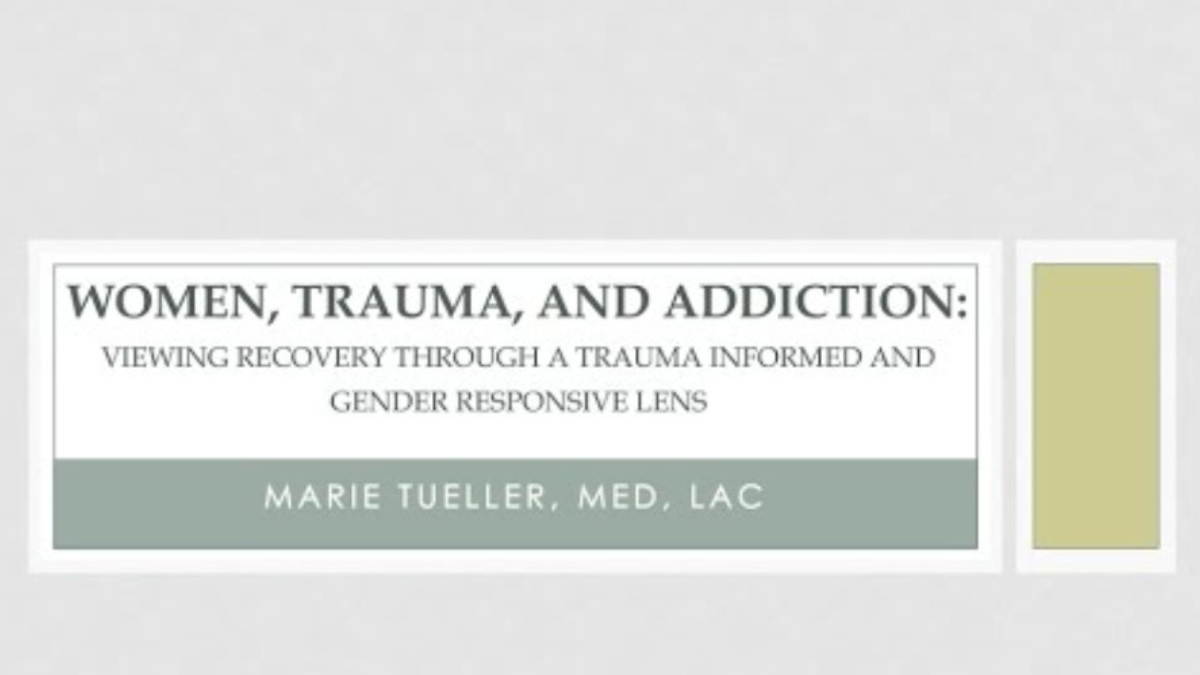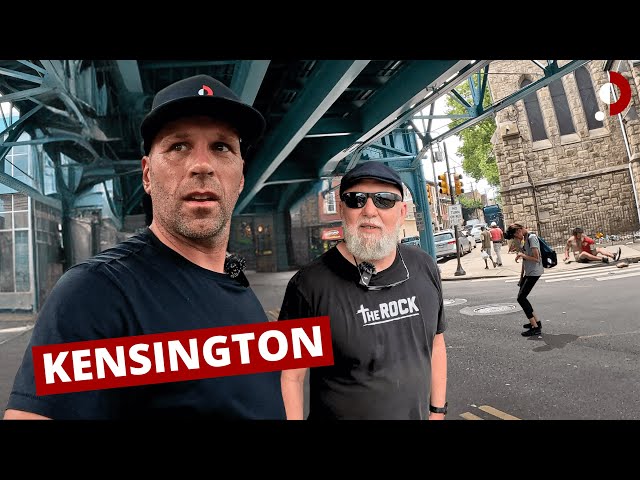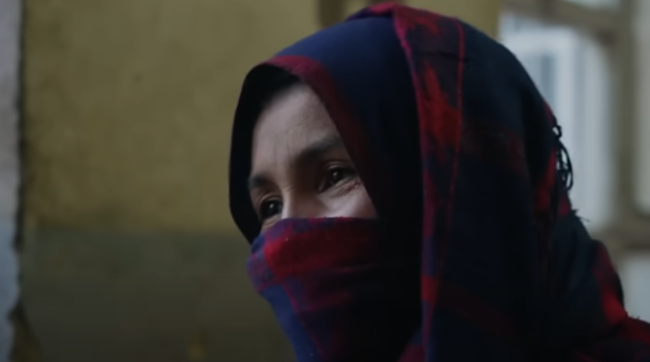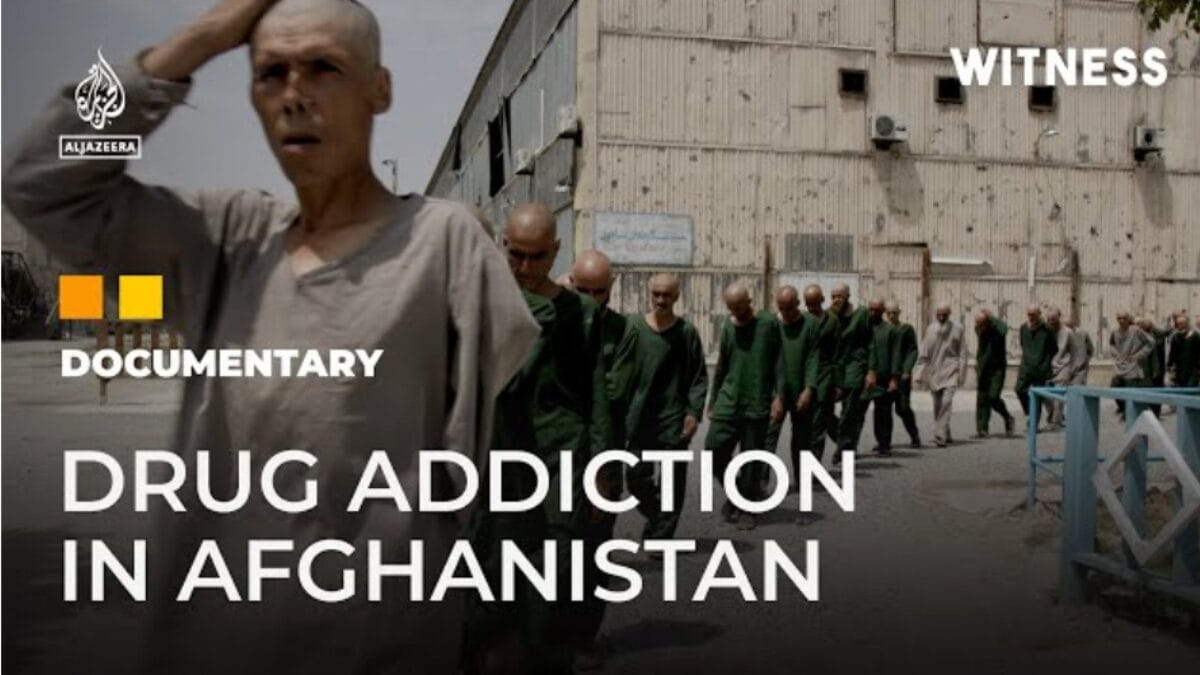
Women, Trauma & Addiction
April 24, 2025
Kensington: Inside America’s Largest Open Air Drug Market
April 24, 2025Introduction
Afghanistan has one of the highest drug addiction rates in the world, with the Taliban estimating that around four million people are affected nationwide. Babrak, a former mujahideen fighter, was once part of this struggle. Now, he’s dedicated to helping others detox at Ibn Sina Medical Hospital, one of the capital’s underfunded drug rehabilitation centers. Since the Taliban regained power in 2021, international aid has been withdrawn, and public services are on the brink of collapse. Despite these challenges, Babrak and a small team of medical staff continue to offer hope as the Taliban’s harsh anti-drug policies are enforced.
Quotes from A Second Shot: Drug Addiction in Afghanistan
“I think Afghanistan is cursed. Every day, more and more people are becoming addicts because of the country’s collapsed economy. I know what I’m talking about. I used to be an addict myself. Every day, the number of addicts is growing and there’s no solution in sight.”
“When you bring them in, one thing they hate is water. They’ll avoid going under the water. With the help of the volunteers and hospital staff, we’ll make them wash. The people we bring from outside are completely destitute. They can’t wash themselves, they only consume drugs. There are no facilities out there to take a shower and to stay clean.”
“I have four children, two sons and two daughters. They’re with their mother at home. My two older brothers are paying for my family’s expenses. I was going around the city pickpocketing people finding money for my addiction, taking drugs and sleeping anywhere I lay down. When I cross the road, even the children shout powder addict, that’s not a good life.”
“When you stop using, you forget everything. It’s like the beam of a torch in the dark, you only focus on one thing, the drug. If you quit, you can’t control your nostrils, you can’t control your tears. Your whole body stops functioning.”

“Back then, financial problems lead you to drugs. They were the only way to forget your problems for a while. But at some point, the relief turned into addiction. Five years ago, when I couldn’t take it anymore, I decided to quit. Little by little, my family … turned away from me because I was no longer trustworthy. It’s difficult. Even I find it hard nowadays to trust an addict. When I finally managed to quit the drugs, I started to help others to free themselves from drug addiction. Not only Afghans, but I’d help all those who live in Afghanistan and are drug addicts. I would honestly help as a human being.”
“International aid has been significantly reduced since the Taliban takeover. The Ibn Sina hospital struggles to stay open and only a handful of medical staff continue to work there. Addicts have to suffer withdrawal without medication.”
“There are a growing number of addicts in rural areas and in the north and I’ve seen more women addicted to opium as well, but I don’t know the exact numbers that the world community or the UN have estimated.”
“There isn’t enough to provide for them. We bring them everything we can so that they can eat. If the world community cuts off the money supply to Afghanistan, they will be the first to suffer.”
Continue Learning
Please review the additional resources below to find more information on the some of the topics discussed in this resource. If you have any suggestions, comments, or concerns please do not hestitate to contact me!

